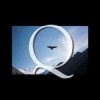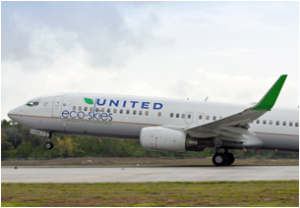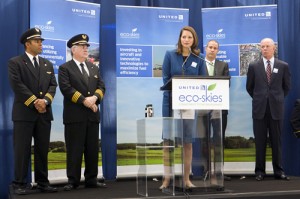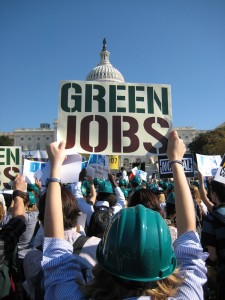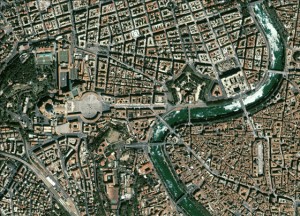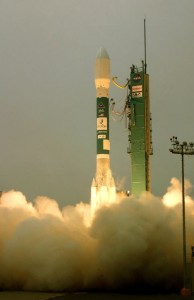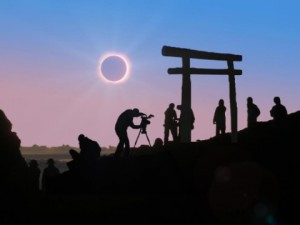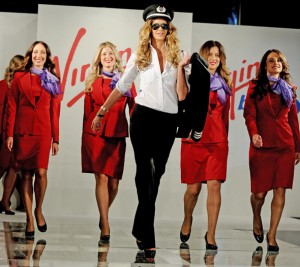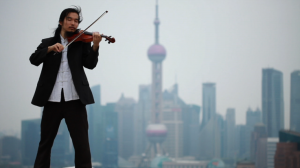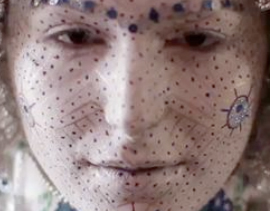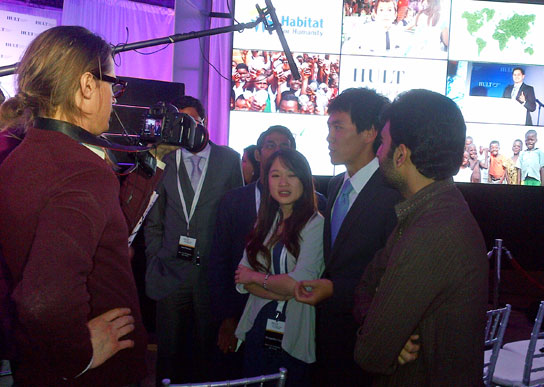 Students from NYU Abu Dhabi were among the Hult Global Case Challenge winners. NYU Abu Dhabi’s solution focuses on creating a network of entrepreneurs and technicians who will sell and fix solar lamps in a sustainable way. Many Africans still rely on kerosene lamps for light. Hult International Business School (formerly known as the Arthur D. Little School of Management) is the first global business school with campuses in Boston, San Francisco, London, Dubai, and Shanghai. The other two wiining teams are Carnegie Mellon and Hult International Business School . The winning teams were honored for their commitment to eradicating poverty at the Hult Global Case Challenge in New York City, hosted by Hult International Business and the Clinton Global Initiative. The three winning teams beat thousands of students from the world’s best business schools for a US$1 million cash grant and were honored by President Bill Clinton.
Students from NYU Abu Dhabi were among the Hult Global Case Challenge winners. NYU Abu Dhabi’s solution focuses on creating a network of entrepreneurs and technicians who will sell and fix solar lamps in a sustainable way. Many Africans still rely on kerosene lamps for light. Hult International Business School (formerly known as the Arthur D. Little School of Management) is the first global business school with campuses in Boston, San Francisco, London, Dubai, and Shanghai. The other two wiining teams are Carnegie Mellon and Hult International Business School . The winning teams were honored for their commitment to eradicating poverty at the Hult Global Case Challenge in New York City, hosted by Hult International Business and the Clinton Global Initiative. The three winning teams beat thousands of students from the world’s best business schools for a US$1 million cash grant and were honored by President Bill Clinton.
Started three years ago by Hult graduate Ahmad Ashkar, the Hult Global Case Challenge is the largest and most respected initiative of its kind. Harnessing the power of crowd sourcing, the Hult Global Case Challenge attracted students from 350 colleges and universities to provide solutions to the real challenges facing three NGOs. These are Habitat for Humanity, which builds affordable housing; SolarAid, which brings renewable energy to impoverished communities; and One Laptop Per Child, which provides low-cost computers to children.
Speaking in support of the winning team’s solution, SolarAid CEO Steve Andrews said: “Our goal is to eradicate the kerosene lamp from Africa by the end of this decade. That’s simply a huge challenge, which will only be possible with massive innovation. Having the top students from around the world competing to come up with great ideas for how we will do this is an extraordinary boost. It’s already changing the way we think and work.”Ahmad Ashkar, the founder and CEO of the Hult Global Case Challenge, said: “This initiative aims to revolutionize how we think about the world’s most pressing social challenges. With US$1 million in seed capital, students from all over the world have a chance to establish social enterprises that achieve real results.”
